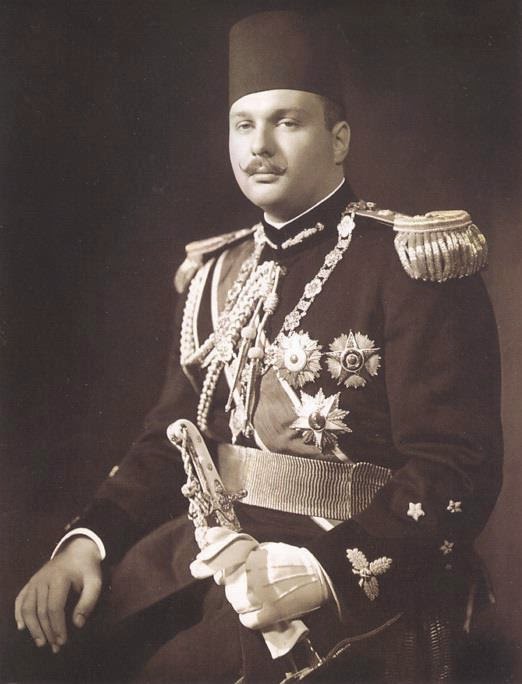Last King of Egypt – The Fascinating True Story (2025):
The Last King of Egypt, King Farouk, is a flamboyant figure in modern Egyptian history. His reign marked the end of the monarchy and the beginning of a new era in Egypt. In this blog post, we will explore the story of King Farouk, his reign, and the circumstances that led to his downfall.
The Early Life of King Farouk
The Birth of a Prince (Last King of Egypt)
Farouk was born on February 11, 1920, in Cairo. He was the son of King Fuad I and Queen Nazli. As crown prince, Farouk received a privileged education in Egypt and England. He was seen as the hope for the modern Egyptian monarchy.
The Rise to the Throne (Last King of Egypt)
After his father’s death in 1936, Farouk ascended the throne at only 16 years old. His coronation was regarded by many Egyptians as the beginning of a new era filled with hope and renewal. However, numerous challenges awaited him.
The Reign of the Last King of Egypt
Political Challenges
During his reign, Farouk faced a variety of political challenges. The British occupation and the growing nationalism in Egypt caused tensions and unrest. Farouk tried to protect the monarchy’s interests while balancing pressure from the British government and the Egyptian people.
Personal Life and Controversies (Last King of Egypt)
King Farouk was known for his extravagant lifestyle and love of luxury. His private life was often the subject of controversy, and his extravagance led to growing dissatisfaction among the population. These factors contributed to his declining reputation.
The Fall of the Monarchy
The Revolution of 1952
The dissatisfaction with Farouk’s rule culminated in the 1952 revolution, led by the Free Officers Movement under Gamal Abdel Nasser. The revolution resulted in the overthrow of the monarchy and the establishment of a republic. Farouk was forced into exile in Italy, where he spent the rest of his life.
The Son of King Farouk (Last King of Egypt)– King Ahmed Fouad II
King Farouk’s only son, Ahmed Fouad II, holds the symbolic title of the last King of Egypt. Born in January 1952, he became king at just six months old after his father abdicated during the 1952 revolution.
Though he never exercised power, Ahmed Fouad II’s brief reign marked the end of the Muhammad Ali dynasty, which had ruled Egypt for over 150 years. Just a year later, the monarchy was abolished and Egypt was declared a republic.
Ahmed Fouad II grew up in exile, mostly in Switzerland and France. He was raised far from the political upheaval of his native Egypt but remained connected to his royal heritage.
Despite living abroad, he continues to be seen as a historical figure. His life in exile has drawn interest from historians, especially as Egyptians revisit their royal past.
Today, King Ahmed Fouad II serves as a living reminder of Egypt’s monarchy. His legacy offers a fascinating look into the final days of Egyptian royalty and adds depth to the story of King Farouk, the last reigning monarch of Egypt.
The Legacy of the Last of Egypt
Although Farouk’s reign is viewed as a failure, his legacy remains an important part of Egyptian history. His time on the throne marked the end of the monarchy and the beginning of a new era of political and social change in Egypt.
Conclusion
King Farouk, the last king of Egypt, was a complex and controversial figure. His reign was marked by political turmoil and personal scandal that ultimately led to his downfall. However, his story offers valuable insights into a crucial period of Egyptian history and the challenges monarchies face in a changing world.
Discover the fascinating world of Egypt’s last king and the historic events that shaped his reign!
Related topics:
-
King Ramses
-
Kings of Egypt

